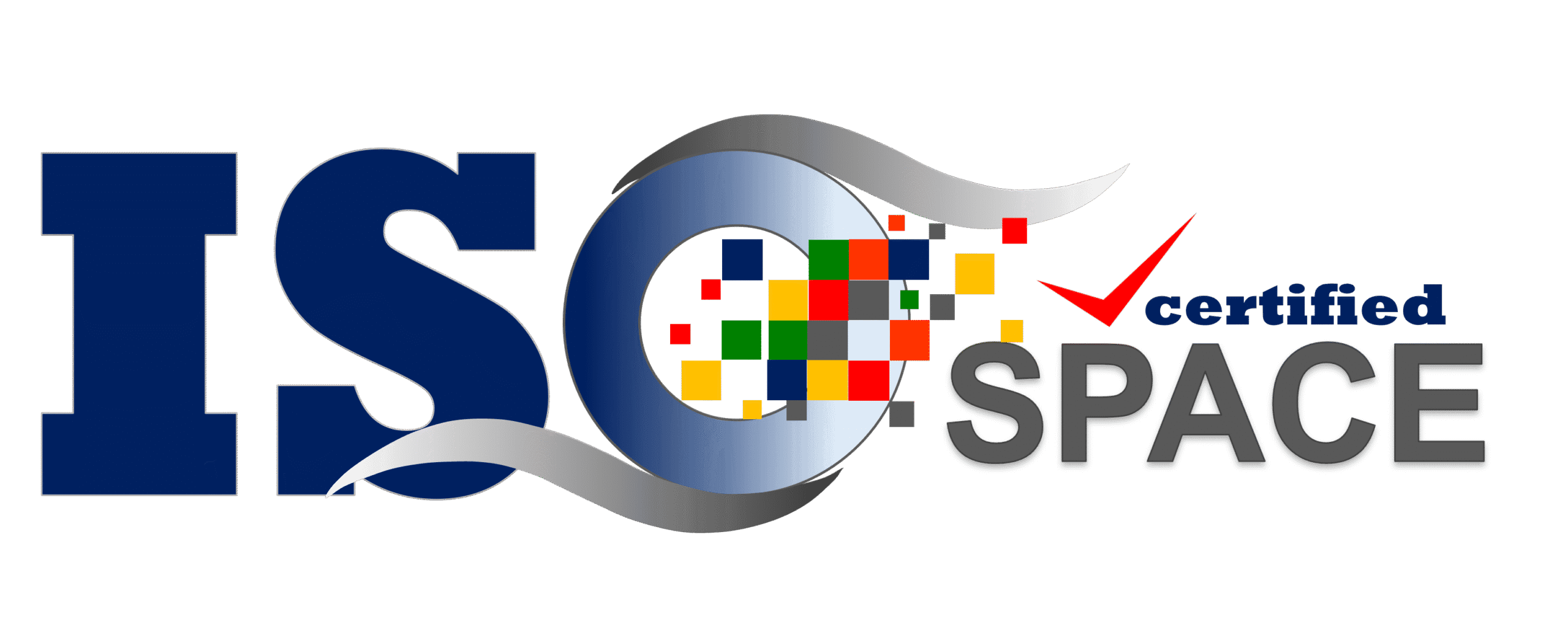In the era of globalization and increasing competition In a highly stringent environment , implementing international standards such as ISO (International Organization for Standardization) has become a critical requirement for companies. ISO helps companies ensure that their products, services, and management systems meet quality, safety, environmental, and sustainability standards. Here are some of the most popular ISO standards used in the business world:
ISO 9001 – Quality Management System
ISO 9001 is the world’s most recognized standard for quality management.
Objective: Ensure that products and services consistently meet customer requirements.
Implementation:
- Manufacturing industry: ISO 9001 is vital for maintaining consistency and quality in production processes. For example, in the automotive industry, every component must meet strict standards to avoid variations. ISO 9001 requires companies to implement proper documentation, quality control, and continuous monitoring to ensure traceability and compliance.
- Service industry: In logistics and banking, ISO 9001 helps improve customer service. For logistics, it ensures on-time deliveries, clear service processes, and effective complaint handling. In banking, it guarantees financial services that are transparent, fast, and secure.
Benefits:
- Increase customer satisfaction
- Reduce costs from defective products
- Enhance competitiveness in the global market
ISO 14001 – Environmental Management System
ISO 14001 is an international standard for environmental management systems.
Objective: Help organizations minimize environmental impact while ensuring compliance with regulations.
Implementation:
- Large-scale factories: Apply ISO 14001 to reduce waste, control emissions, and manage resource efficiency. For example, textile industries reduce chemical waste and ensure wastewater treatment complies with standards.
- Small businesses: Cafés and restaurants use it to manage waste, reduce plastic usage, and save energy.
Benefits:
- Reduce operational risks related to environmental issues
- Build trust with environmentally conscious customers
- Improve brand reputation by demonstrating sustainability
ISO 45001 – Occupational Health and Safety Management System
ISO 45001 provides a framework to improve workplace safety and reduce occupational risks.
Objective: Ensure employee safety and reduce workplace accidents.
Implementation:
- Construction industry: Protect workers from high-risk environments through strict safety protocols and personal protective equipment.
- Office-based companies: Minimize health risks such as ergonomic injuries or stress by establishing safety programs and regular monitoring.
Benefits:
- Reduce workplace accidents and health risks
- Enhance employee confidence and morale
- Ensure compliance with occupational safety regulations
ISO 50001 – Energy Management System
ISO 50001 provides guidelines for effective energy management to reduce consumption and improve efficiency.
Objective: Optimize energy use and reduce environmental impact.
Implementation:
- Manufacturing sector: Factories use ISO 50001 to monitor energy consumption, optimize machine operations, and lower production costs.
- Service sector: Office buildings apply energy-saving measures such as automated lighting, efficient air conditioning, and renewable energy usage.
Benefits:
- Reduce energy costs significantly
- Support corporate sustainability programs
- Enhance competitiveness by demonstrating eco-efficiency
ISO 22000 – Food Safety Management System
ISO 22000 ensures that food products are safe at every stage of the supply chain.
Objective: Guarantee food safety and prevent contamination risks.
Implementation:
- Food processing industries: Enforce hygiene protocols and hazard controls in production.
- Restaurants & catering: Ensure food handling, storage, and preparation follow strict safety standards to protect consumers.
Benefits:
- Increase consumer confidence in food safety
- Minimize risks of contamination and product recalls
- Strengthen brand reputation in local and global markets
ISO 27001 – Information Security Management System
ISO 27001 provides a framework for managing information security and protecting sensitive data.
Objective: Safeguard information from risks such as cyberattacks, data leaks, and system failures.
Implementation:
- Banks & financial institutions: Apply strict controls to protect customer data and prevent fraud.
- Technology companies: Ensure cloud services, apps, and digital platforms comply with international security standards.
Benefits:
- Build customer trust through strong data protection
- Prevent financial and reputational losses from cyber incidents
- Ensure compliance with data protection regulations
ISO 26000 – Social Responsibility Guidelines
ISO 26000 is a guideline for organizations to operate responsibly and contribute to sustainable development.
Objective: Encourage businesses to adopt ethical, transparent, and socially responsible practices.
Implementation:
- Large corporations: Run corporate social responsibility (CSR) programs such as community development, environmental conservation, and fair labor practices.
- Small businesses: Engage in local community support, ethical sourcing, and environmentally friendly practices.
Benefits:
- Strengthen company image and public trust
- Build better relationships with stakeholders
- Support long-term business sustainability
Conclusion
Implementing international standards such as ISO 9001, 14001, 45001, 50001, 22000, 27001, and 26000 helps companies improve efficiency, build trust, and ensure long-term sustainability. These standards not only provide operational benefits but also give businesses a competitive advantage in global markets.
For more information or assistance with ISO certification, contact us at:
Call Center: 082288303338
Email: marketing@isospace.id
Contact: Kristina Saragi, 081268161778, kristina@isospace.id
Thank you for reading!
Want to know more?
Check out the full article below👇

Leave a Reply